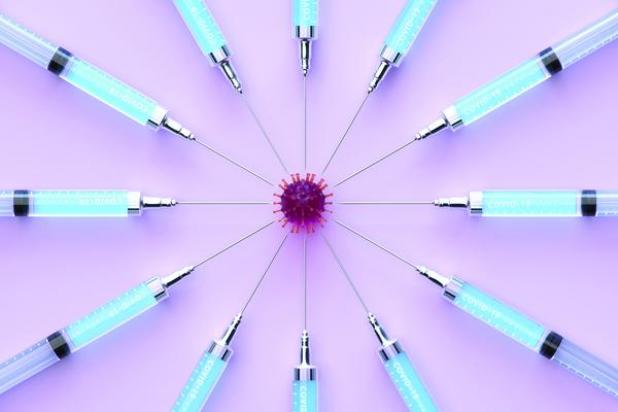
Who should and shouldn’t get the COVID vaccine?
Beginning Friday, April 2, Colorado moved to phase 2 of COVID-19 vaccine distribution, allowing everyone age 16 and older to be vaccinated. There has been a lot of information in the news recently on the COVID-19 vaccines, and they have been proven safe and effective.
Yet there are some individuals who may not be eligible to get vaccinated or may need to visit with their health care provider prior to getting vaccinated.
The Pfizer-BioNTech vaccine is authorized for people 16 years and older, while the Moderna and the new J&J/Jansen vaccines are approved for people 18 years and older. The current vaccines were not studied in children, so at this time children are not eligible to be vaccinated.
People who have allergies can get the vaccine. However, if you have had an immediate allergic reaction — even if it was not severe — to a vaccine or injectable therapy for another disease, ask your doctor if you should get a COVID-19 vaccine.
People with suppressed immune systems are not excluded from getting the vaccine, but there is limited efficacy and safety data for being vaccinated, so weighing the benefits and risks with your doctor is the best course of action.
There is also limited data on the safety of COVID-19 vaccines for women who are pregnant or breastfeeding, but the American College of Obstetricians and Gynecologists recommends that the COVID-19 vaccine not be withheld from them since pregnant people are at an increased risk of severe illness from COVID-19. Additionally, there is some evidence that maternal antibodies passed to the infant via breast milk may provide protection from COVID-19, as seen with other viruses.
Therefore, if you are currently pregnant or breastfeeding, a discussion with your health care provider might help you make an informed decision on whether to be vaccinated.
Finally, if you have already had COVID-19, it is recommended that you get vaccinated. It is still unclear how long antibodies from getting sick stay in your system or what levels are needed to protect against reinfection.
People who recently had COVID-19 should wait four weeks after getting a positive test or the onset of any symptoms. If you were treated for COVID-19 with monoclonal antibodies or convalescent plasma, you should wait 90 days before getting a COVID-19 vaccine.
Be sure to tell the vaccination provider about all of your medical conditions, including if you:
— Have any allergies.
— Have a fever.
— Have a bleeding disorder or are on a blood thinner.
— Are immunocompromised or are on a medicine that affects your immune system.
— Are pregnant or plan to become pregnant.
— Are breastfeeding.
— Have received another COVID-19 vaccine.
Additional clinical trials, side effect tracking and vaccine advancements will continue. In the meantime, we won’t attain herd immunity until about 65% of the population has antibodies, either from getting and recovering from COVID-19 or from being vaccinated.
Therefore, it’s important that we continue to be cautious and do what we can to prevent any further spread. Even if you are vaccinated, continue to wear a mask in public or around those who have not been vaccinated, keep your distance and wash your hands frequently.
